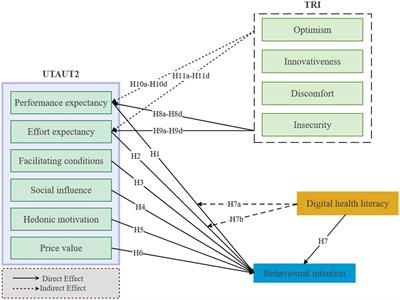ORIGINAL RESEARCH
Published on 08 Sep 2025
Impact of smart healthcare on the physical and mental health of older adults Chinese patients with chronic diseases under the background of “Internet Plus”: analysis of data from the China family panel studies
doi 10.3389/fpubh.2025.1475456
- 790 views


